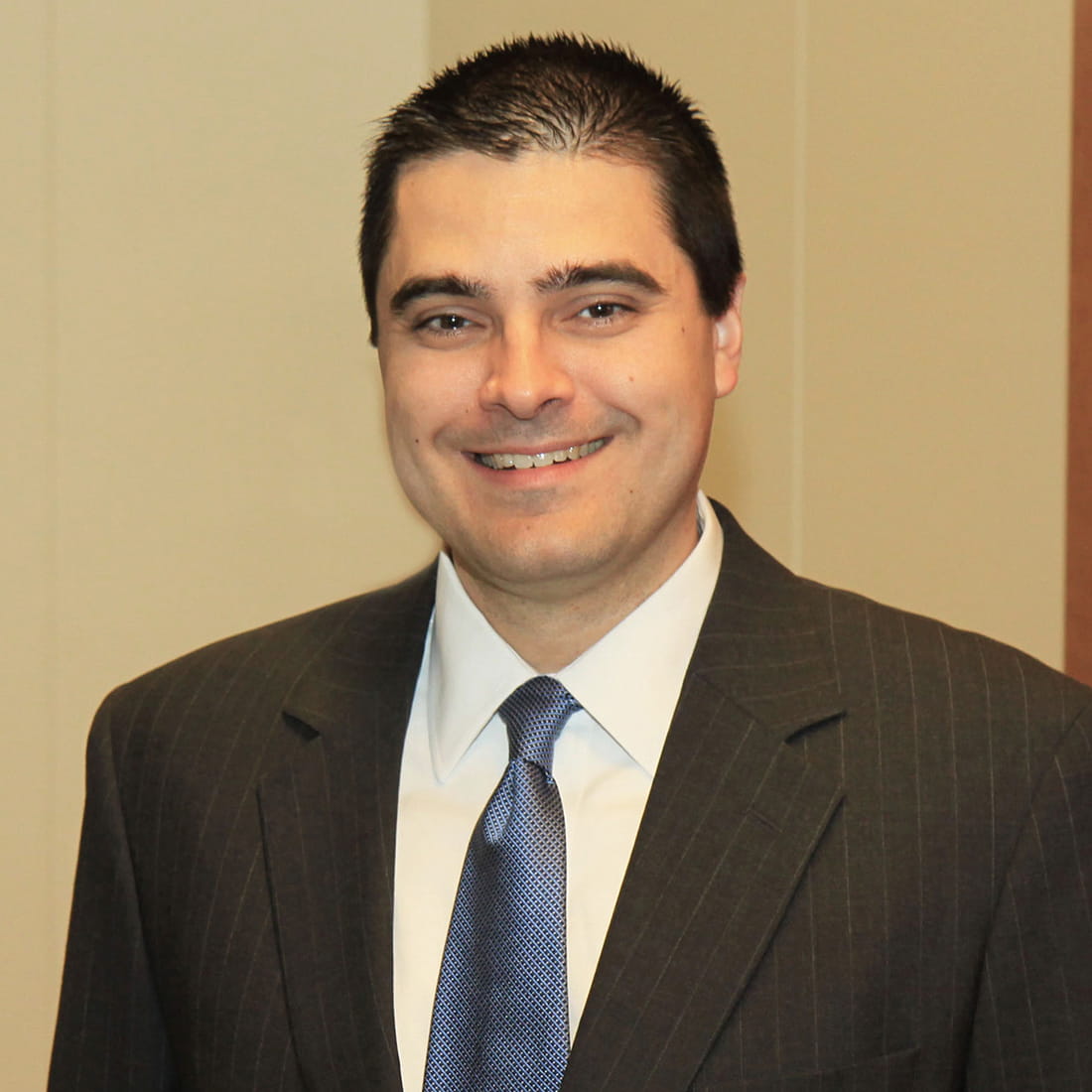As Texas continues to enjoy being a top destination for corporate relocations and reincorporations, Haynes Boone decided to capitalize on its experience and relationships to officially establish a Texas Corporate Governance Practice Group, which will assist businesses in addressing the legal, regulatory and operational challenges associated with relocating to or incorporating in the Lone Star State.
The Dallas-based firm, which serves as counsel to the new Texas Stock Exchange, aims to leverage the state’s appeal, particularly as the NYSE is following TXSE Group’s lead by planning to reincorporate a stock exchange in the state as well.
The new practice group will help companies navigate key issues when determining whether to relocate or reincorporate, including compliance, governance, compensation, tax implications, as well as real estate transactions and economic development considerations such as incentives.
The primary team that makes up the new practice group at Haynes Boone includes four partners: Matt Fry, co-chair of the firm’s capital markets and securities practice group; Susan Wetzel, chair of Haynes Boone’s business transactions department and co-chair of its employee benefits and executive compensation practice group; experienced business litigator Brad Foster; and corporate securities veteran Greg Samuel.
They recently took time to answer some questions from The Texas Lawbook about the new practice group, Haynes Boone’s strategy and the Texas relocation and reincorporation scene:

Texas Lawbook: What prompted Haynes Boone to launch the Texas Corporate Governance Practice Group at this time?
Brad Foster: Trends in both the corporate bar and the C-Suite have converged, making this the right time to formally launch a new practice group. In recent years, Delaware courts have issued several controversial opinions, and the Delaware legislature has stepped in to overrule some of these decisions.
There is a growing perception Delaware law has moved away from the stability and predictability that had been its calling card. Texas is widely viewed as a business-friendly jurisdiction, and with its growing population and labor force, is an enticing jurisdiction for boards and management. Tesla, Facebook, Dropbox and others have either already left Delaware or are reported to be considering it.
These trends, combined with our representation of the Texas Stock Exchange, made this the perfect time to formally set up a new practice group.

Lawbook: Which industries are driving the most corporate relocations to Texas that involve clients Haynes Boone specializes in serving?
Matt Fry: While largely industry agnostic, many of the companies looking to leave Delaware have controlling stockholders, which naturally lean a bit towards tech and other unicorns. Much of the interest is from large-cap companies, as they are the ones who most often incur material costs associated with derivative suits and shareholder activism. While the benefits may be more immediately obvious to larger companies, we do expect to see smaller public companies begin to look at this.
Lawbook: Although some of the changes are fairly new, like the new business courts, how do Texas’ legal and regulatory advantages compare to traditional corporate hubs like Delaware or New York this year versus a few years ago?
Fry: The balance is changing weekly right now, given proposed pieces of legislation in Texas and Delaware. Largely, it has been Texas consistently maintaining its business-friendly environment while other jurisdictions gravitate towards the other direction from a legal and regulatory point of view.
Lawbook: Does the new business court play a meaningful role in attracting businesses to Texas? Is Haynes Boone seeing more of its cases land before the new court?
Foster: The Texas Business Courts are still in their infancy, with case law only beginning to develop. The key will be providing the same level of predictability and sophistication that Delaware has offered. The last thing businesses or the corporate bar want to see are surprises in shareholder litigation. To the extent the business courts can offer that predictability, they could prove transformational in attracting new entrants.

Lawbook: Haynes Boone played a pivotal role with the new Texas Stock Exchange. How will it and NYSE’s reincorporation plans in Texas impact the corporate governance landscape?
Greg Samuel: We were honored to be asked to play a role in such an important initiative for Texas and in furthering Dallas as an international financial center. We expect the validation of the Dallas market and Texas more broadly as an international destination for the securities industry will naturally drive the need for additional corporate governance innovation and infrastructure. The need for a pro-business, predictable corporate environment has never been stronger in Texas.
Lawbook: From what you have seen, what do boards consider when contemplating a move to Texas?
Fry: Pervasive issues with derivative suits, controlling stockholder transactions and distracting activist campaigns are frequently cited when boards make that decision. Those concerns are weighed against the uncertain nature of making such a critical change to a destination that is still seen as “new” for large public companies. There are also recent legislative proposals in Delaware that are trying to head off a number of these changes.

Lawbook: We always hear about why companies want to relocate to Texas. What are the key operational and regulatory challenges companies face when moving to or incorporating in Texas, and how will the new practice group help them in those areas?
Susan Wetzel: Physical relocations obviously have a lot of different considerations than just a legal reincorporation. The primary consideration from an operational perspective is human capital.
Whether people need to be relocated or new people hired in a new location, or new facilities leased or built, there are employment and commercial considerations involved with making a physical move.
Reincorporation is much less operational than it is regulatory in nature. Our experience and deep local roots can help our clients address both the practical operational and legal concerns, which present differing but often equally complex challenges.
Lawbook: How did Haynes Boone assemble the team for the new corporate practice group?
Fry: We began with our already existing teams focused on developments with the Texas Business Courts and the Texas Stock Exchange and added a full-service offering involving our corporate, capital markets, M&A, litigation, real estate and employment teams to service the full breadth of legal needs when assessing relocations and reincorporations. All of our lawyers have deep local ties and the relevant experience needed to execute these transformative transactions.
Lawbook: What resources does the firm provide to help companies transition smoothly into the Texas business environment?
Wetzel: In addition to our full-service legal offerings, our Texas attorneys are deeply involved in the business and philanthropic communities throughout the state. We have lived, worked and served in Texas for over 50 years and have unique insight into what makes businesses and communities in Texas tick.
Lawbook: What advice would the group give to a CEO considering a corporate relocation to Texas?
Fry: We would emphasize that a relocation or reincorporation has become more than just an idea. There are businesses of every size that have found a move not only feasible but beneficial to their stakeholders. While it may not make sense for everyone, Texas should be considered along with any other place to do business in the country.
